Book review of The BBC: A Century on Air, by David Hendy



Book review of The BBC: A Century on Air, by David Hendy
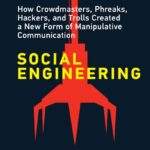
Social media companies have intentionally created platforms that actively spread disinformation. What can we do to protect our society against disinformation? A good place to start would be limiting how large and powerful these social media platforms can get.
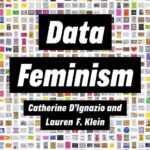
In Data Feminism, authors Catherine D’Ignazio and Lauren F. Klein do not merely deal with data. They pair data with feminism. Here, feminism is deployed as a “shorthand for the diverse and wide-ranging projects that name and challenge sexism and other forces of oppression, as well as those which seek to create more just, equitable, and livable futures.”

Good Pictures is about the advice given to photographers—mostly amateurs—on the techniques they should use to improve their work. Of course, the advice is intimately tied to technological developments in photography as well as the desire of camera makers to sell new products.
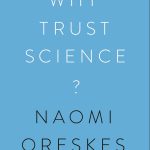
Oreskes’ answer to the question “Why Trust Science” is that science is trustworthy to the extent that the social process by which scientists vet research findings and reach (or fail to reach) a consensus about them is open to a diverse community of scientists with ample opportunity to make objections and critiques and have that feedback taken seriously.

The book documents Limbaugh’s formative role in turning an old technology into an instrument of power that transformed the Republican Party and political discourse in the United States. The talk-radio host proved to be a success as both a propagandist and a ratings builder. Station owners were quick to join his syndicated network and to hire personalities who combined Limbaugh’s smooth delivery, ability to empathize with his audience, biting humor, and relentless attack on all things liberal—real or imagined. Profit mattered but winning the “culture war” counted for as much if not more than Rosenwald cares to consider.

The public’s faith in science and technology has never been higher. Computer “apps” that explore things such as the frequency of, and point of origin of, COVID-related Google search terms, and Twitter posts, are being used to trace the progress of the virus and to predict the sites of further outbreaks. The United States has been roiled by the death, at the hands of the police, of George Floyd. Floyd’s killing was captured by an app that has been circulating throughout the globe that has acquired the near iconic power of the crucifixion. With the majority of the American people equipped to make audio–visual recording of police brutality and post them on social media, we expect that crimes such as this will certainly diminish.
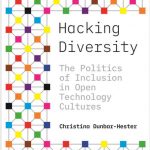
Open technology communities are loosely organized, volunteer, online groups, focused on development and distribution of open or free software and hardware. “Hacking Diversity:The Politics of Inclusion in Open Technology Cultures” is a study of the efforts of open technology communities to “hack” the issues around the lack of diversity that pervades not only their volunteer communities, but also their related disciplines at large.

Damon Krukowski’s Ways of Hearing does for digital sound what Berger’s Ways of Seeing did for the reproduced image. He wants us to question what we hear, as well as what we’re no longer hearing, in the era of digital audio.

Julie Wosk’s My Fair Ladies is an engaging historical account of female automata, with sidelights on dolls, disembodied electronic female voices, masks, make-up, and the sexual and gender implications of efforts to create artificial humans.
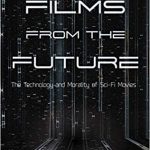
Somehow at the heart of sci-fi is returning power to the people who almost always regain control before things get completely out of hand. But we learn that our freedom comes at a cost. The reassuring aspect of Maynard’s work is that justice prevails, despite the ominous lurking of some technological beast that is waiting to be unleashed.

Mann and Toles crystallize for us climate change denialism, principally in the United States, over the last generation. The core of this denial results from the confluence of several trends deeply embedded in the American culture.
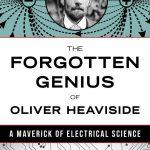
Oliver Heaviside (1850-1925) is now considered a maverick of electrical science, but he could also be considered the founder of that subject.
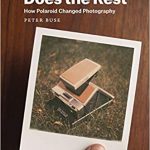
Peter Buse, in his The Camera Does the Rest, stakes out different territory. His focus is on the social meaning of the Polaroid camera: how did it change photography? How were the cameras used? And how did Land intend them to be used — a concept that often differed from their actual use.

Orman poses “information overload” as a paradox and gives us three mechanisms through which such paradox arises. The paradox is that technologies help us know more, but in the process, we know less.
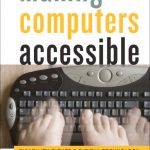
Petrick provides historic perspectives of how computer technology was developed in the United States allowing persons with disabilities full participation in their own lives and in the society.

In today’s world of climate denial and vaccine skepticism, one would be forgiven for assuming that an anti-intellectual, anti-expertise, anti-truth wave is sweeping the globe, and that the rise of the far right necessarily spells an end for science-informed policy.

By Gary T. Marx, University of Chicago Press, 2016. Reviewed by Donna L. Halper It goes without saying that we… Read More